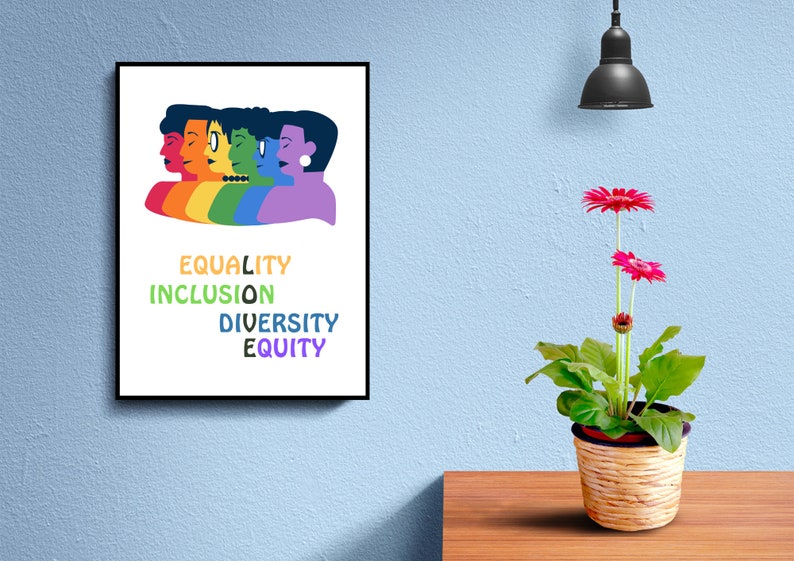
BlbttrflyStore
In a world where diversity should be celebrated and cherished, the existence of racial discrimination stands as a stark reminder of the work that still needs to be done. Every year, on March 21st, the International Day for the Elimination of Racial Discrimination serves as a global call to action, urging individuals and communities to confront and combat racial prejudice in all its forms.
This day holds profound significance, tracing its origins back to a tragic event that occurred in Sharpeville, South Africa, in 1960. On that fateful day, peaceful demonstrators protesting against apartheid laws were met with violence from the police, resulting in the deaths of 69 people and the injury of many more. In response to this senseless act of brutality, the United Nations General Assembly declared March 21st as the International Day for the Elimination of Racial Discrimination, honoring the memory of those who lost their lives while reaffirming the global commitment to eradicating racism.
However, the fight against racial discrimination extends far beyond this single day of remembrance. It requires continuous effort, education, and advocacy at all levels of society. The struggle against racism is multifaceted, encompassing not only overt acts of hatred and violence but also systemic inequalities and unconscious biases that permeate institutions and social structures.

LilyDesignsLoja
One of the most powerful tools in combating racial discrimination is education. By fostering understanding, empathy, and respect for diversity from an early age, we can instill in future generations the values of tolerance and inclusivity. Schools, universities, and community organizations play a vital role in promoting multiculturalism and challenging stereotypes, equipping individuals with the knowledge and skills to navigate a diverse and interconnected world.
Furthermore, promoting diversity and inclusion in the workplace is essential for creating environments where all individuals can thrive. Employers must actively seek to eliminate barriers to employment and advancement faced by marginalized groups, while also fostering a culture of respect and belonging. Embracing diversity not only enriches organizational culture but also enhances creativity, innovation, and productivity.
At the societal level, legislative measures and public policies are crucial for addressing systemic racism and promoting equality of opportunity for all. Governments must enact and enforce laws that prohibit discrimination on the basis of race, ethnicity, or nationality, while also investing in programs and initiatives that promote social cohesion and address the root causes of inequality.

LilyDesignsLoja
However, the fight against racial discrimination is not solely the responsibility of governments or institutions. It requires the collective effort of individuals from all walks of life, united in their commitment to justice and equality. Whether through peaceful protest, community organizing, or everyday acts of solidarity, each of us has a role to play in creating a world free from racism and prejudice.
As we observe the International Day for the Elimination of Racial Discrimination, let us reflect on the progress we have made and the challenges that lie ahead. Let us recommit ourselves to the cause of justice and equality, knowing that only through collective action can we build a future where every individual is treated with dignity, respect, and fairness, regardless of the color of their skin or the place of their birth. Together, we can create a world where diversity is celebrated as a source of strength, rather than a cause of division.

